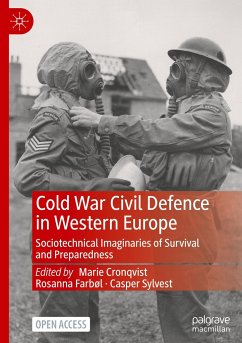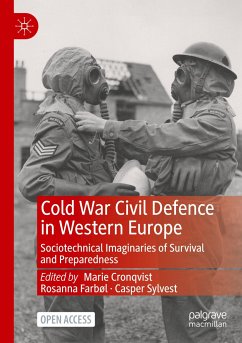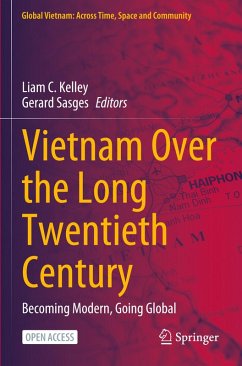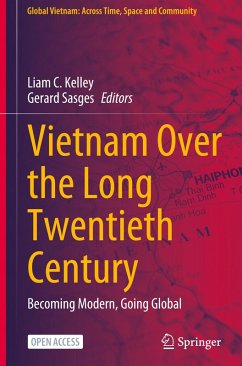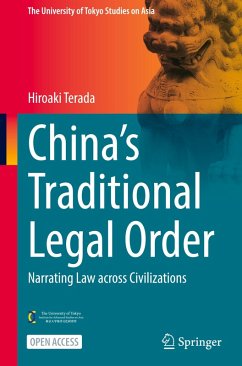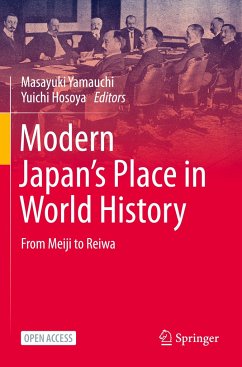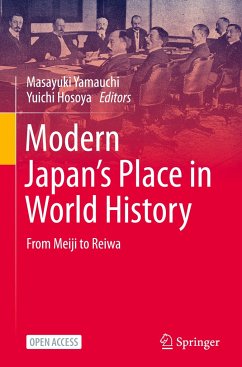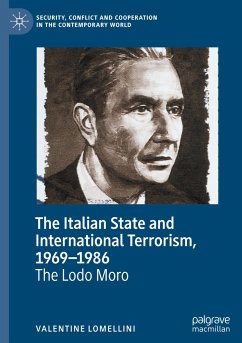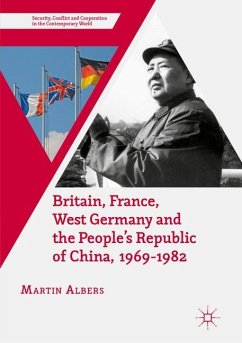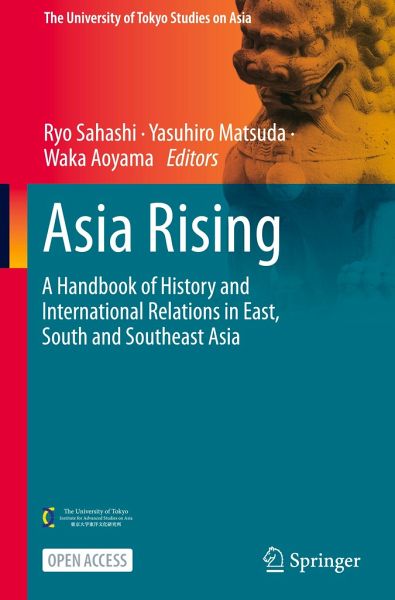
Asia Rising
A Handbook of History and International Relations in East, South and Southeast Asia
Herausgegeben: Sahashi, Ryo; Matsuda, Yasuhiro; Aoyama, Waka
Versandkostenfrei!
Versandfertig in 6-10 Tagen
38,99 €
inkl. MwSt.

PAYBACK Punkte
19 °P sammeln!
This open-access book offers a clear and thorough exploration of Asia's history from an international relations perspective. The book investigates key political, economic, and cultural forces defining Asia. It highlights the historical and current significance of the Indo-Pacific region, particularly shedding light on its strategic role in global geopolitics. Through detailed historical analyses, the authors guide readers toward a comprehensive understanding of Asia's complex international relations, from colonization and imperialism, through the Cold War, into decolonization and the wave of d...
This open-access book offers a clear and thorough exploration of Asia's history from an international relations perspective. The book investigates key political, economic, and cultural forces defining Asia. It highlights the historical and current significance of the Indo-Pacific region, particularly shedding light on its strategic role in global geopolitics. Through detailed historical analyses, the authors guide readers toward a comprehensive understanding of Asia's complex international relations, from colonization and imperialism, through the Cold War, into decolonization and the wave of democratization in the region, to the rise of China, unpacking the various dimensions of regionalism in Asia. This book serves as a practical scholarly resource for advanced students, researchers, and lecturers interested in understanding the region's past and its implications for future geopolitical dynamics. It is relevant to historians focused on Asia and to international relations andpolitical science scholars interested in the shift to an Asian world order, from past to present.



